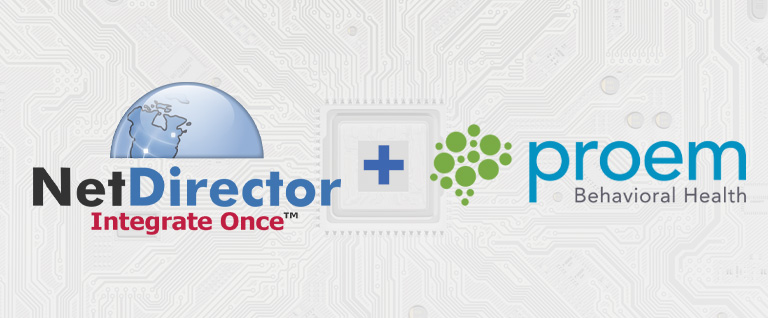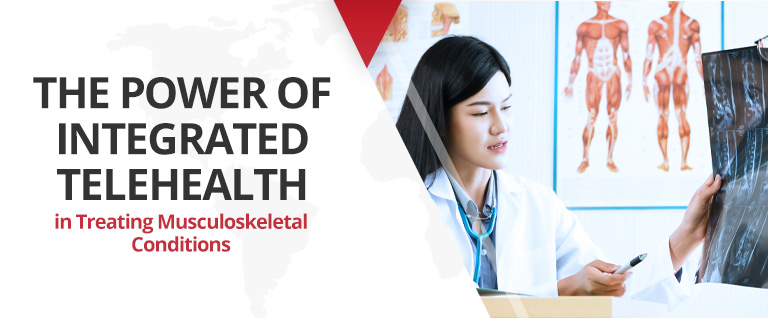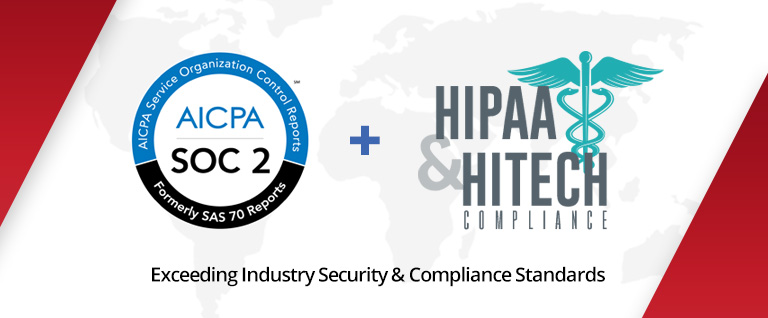When HIMSS asked hospital leaders to rate their most pressing 2018 concerns, “Health Information Exchange, Interoperability and Data Integration” ranked a rather middling 13th out of 24 total IT priorities. On a scale of 1 to 7, where 1 meant “not a priority” and 7 designated an “essential priority,” respondents gave interoperability a group score of 4.85.
Consider that outcome against the top 5 priorities among hospital respondents:
- Patient Safety 6.07
- Privacy, Security and Cybersecurity 5.90
- Process Improvement, Workflow, Change Management 5.70
- Data Analytics/Clinical and Business Intelligence 5.50
- Clinical Informatics and Clinician Engagement 5.50
Compared to 2017, “Leadership, Governance, Strategic Planning” and “Connected Health and Telehealth” jumped ahead of “Health Information Exchange, Interoperability and Data Integration” in this year’s priority ranking.
Nonetheless, the HIMSS survey findings shouldn’t be construed to mean that interoperability has fallen off the boardroom table as a point of emphasis. Instead, the onus for achieving interoperability may be shifting from internal IT departments to collaborative colleagues in the commercial health IT sector. In fact, vendors and consultants surveyed by HIMSS rated interoperability as their 2nd highest current priority, with a mean score of 5.60.
One key aspect of what’s in play here is that 75 percent of hospitals are dealing with 10+ disparate electronic health record (EHR) systems in use at affiliated practices, while only 2 percent of hospitals use a single vendor’s EHR.
Vendors will have to work toward agreement on interoperability standards, not only as it applies to their customers’ reimbursement under value-based payment models but also “because of consumer demand as things like Apple Health Records gain traction,” according to Blain Newton, executive vice president of HIMSS Analytics. He added, “You’re going to see consumer health apps that have been playing at the fringes now be able to plug into the mothership and pull data from it, add to it.”
A Milestone for Progress
Despite pending challenges, the future looks promising for emerging interoperability initiatives. In mid-November, Carequality and CommonWell Health Alliance, two of the nation’s largest interoperability communities, announced that mutually enabled healthcare providers would be able to connect and bilaterally exchange data via leading EHR vendors.
Approximately 80 percent of U.S. hospitals and ambulatory offices use EHR systems that are part of either Carequality or Commonwell, noted Micky Tripathi, CEO of the Massachusetts eHealth Collaborative. “Imagine a mobile wireless world where Verizon and AT&T weren’t connected—both networks provide great services to their own customers, but you couldn’t talk to anyone on the other network,” he explained. “This milestone is [on] that level of significance for interoperability.”
Further, providers who have already invested in integration know that it directly impacts interoperability. Technology that streamlines payment processing alleviates non-value-added time spent on documentation and processes required for maximized reimbursement.
A recent case study shows how front-end benefit verification enabled American Health Imaging (AHI) to reduce labor costs by about $480,000 annually through integration and automation on NetDirector’s cloud-based data exchange service.
Click here to read the entire AHI case study.




